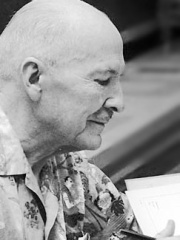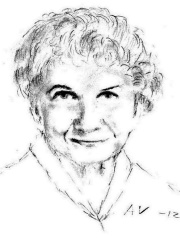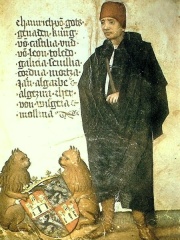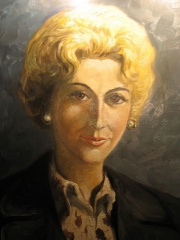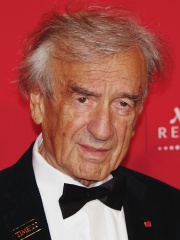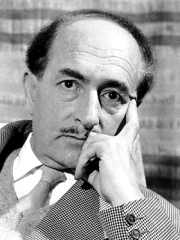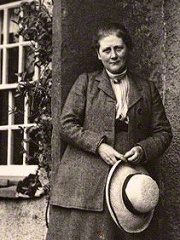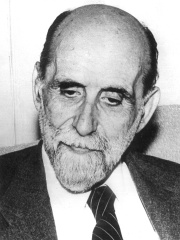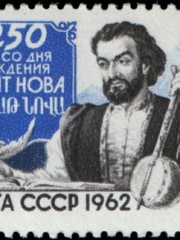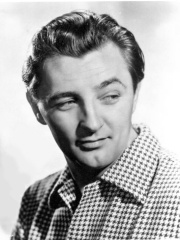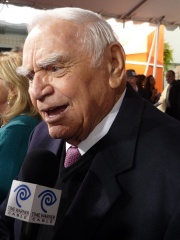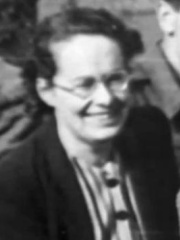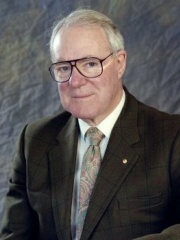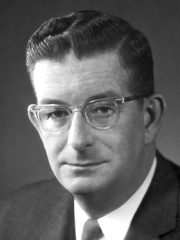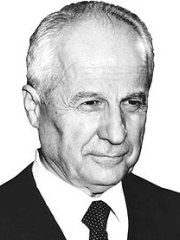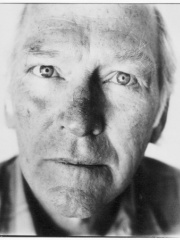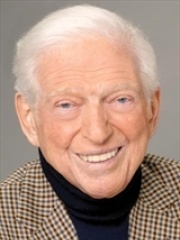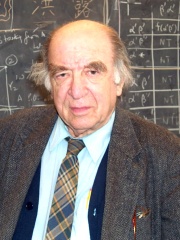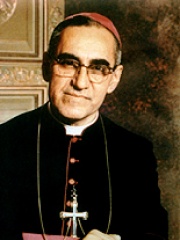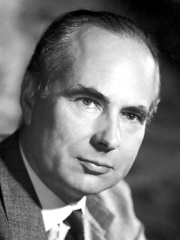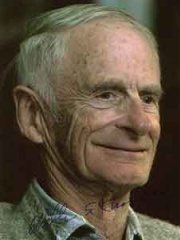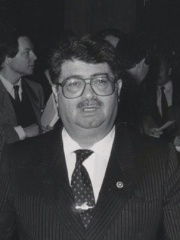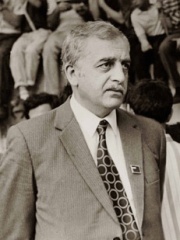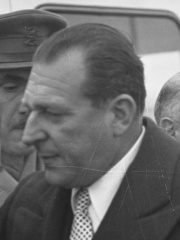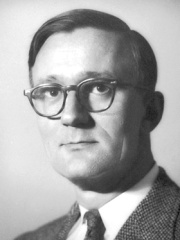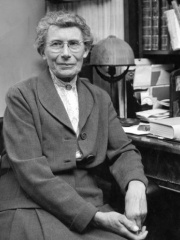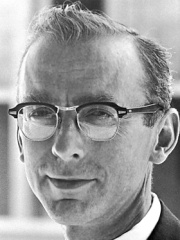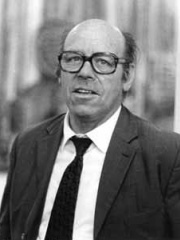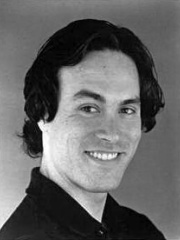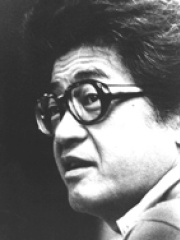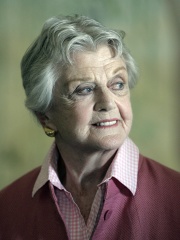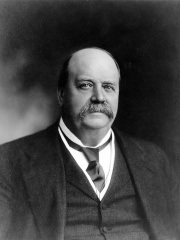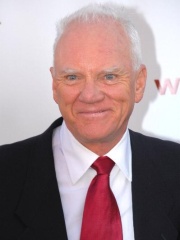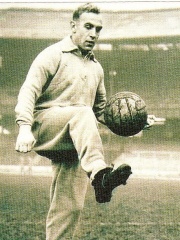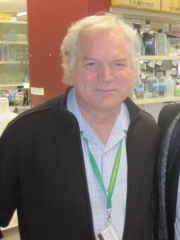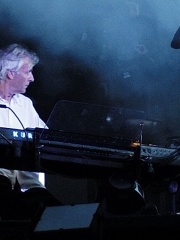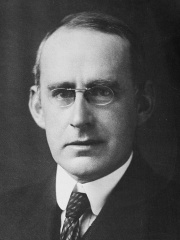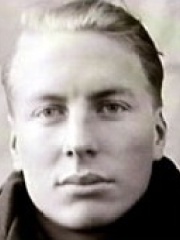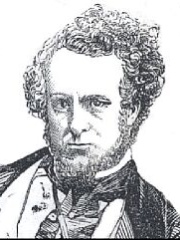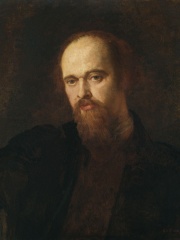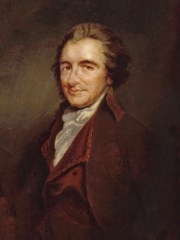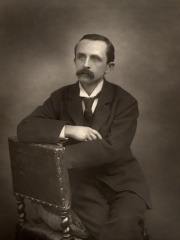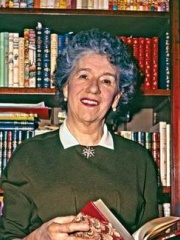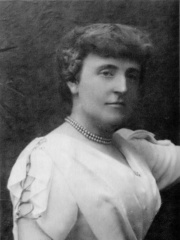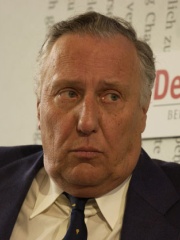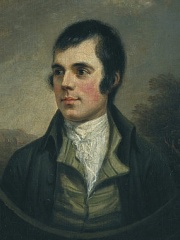Writer
Anthony Burgess
1917 - 1993
EN.WIKIPEDIA PAGE VIEWS (PV)
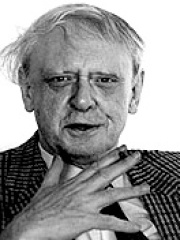
 Anthony Burgess
Anthony Burgess
His biography is available in 63 different languages on Wikipedia. Anthony Burgess is the 558th most popular writer (down from 506th in 2024), the 502nd most popular biography from United Kingdom (down from 360th in 2019) and the 52nd most popular British Writer.
Anthony Burgess is most famous for his novel, A Clockwork Orange.
Memorability Metrics
Page views of Anthony Burgess by language
Among Writers
Among writers, Anthony Burgess ranks 558 out of 7,302. Before him are Robert A. Heinlein, Alice Munro, Yunus Emre, Henry IV of Castile, Matilde Camus, and Elie Wiesel. After him are Tom Clancy, James Hilton, Salvatore Quasimodo, Beatrix Potter, Juan Ramón Jiménez, and Sayat-Nova.
Most Popular Writers in Wikipedia
Go to all RankingsRobert A. Heinlein
1907 - 1988
HPI: 72.14
Rank: 552
Alice Munro
1931 - 2024
HPI: 72.14
Rank: 553
Yunus Emre
1240 - 1321
HPI: 72.13
Rank: 554
Henry IV of Castile
1425 - 1474
HPI: 72.11
Rank: 555
Matilde Camus
1919 - 2012
HPI: 72.09
Rank: 556
Elie Wiesel
1928 - 2016
HPI: 72.03
Rank: 557
Anthony Burgess
1917 - 1993
HPI: 72.02
Rank: 558
Tom Clancy
1947 - 2013
HPI: 72.02
Rank: 559
James Hilton
1900 - 1954
HPI: 72.02
Rank: 560
Salvatore Quasimodo
1901 - 1968
HPI: 71.99
Rank: 561
Beatrix Potter
1866 - 1943
HPI: 71.97
Rank: 562
Juan Ramón Jiménez
1881 - 1958
HPI: 71.96
Rank: 563
Sayat-Nova
1712 - 1795
HPI: 71.95
Rank: 564
Contemporaries
Among people born in 1917, Anthony Burgess ranks 26. Before him are Robert Mitchum, Ernest Borgnine, Joan Clarke, John Cornforth, Robert Burns Woodward, and Kenan Evren. After him are Donald Davidson, Sidney Sheldon, Leonid Hurwicz, Óscar Romero, Andrew Huxley, and William Standish Knowles. Among people deceased in 1993, Anthony Burgess ranks 16. Before him are Frank Zappa, Turgut Özal, Zviad Gamsakhurdia, Infante Juan, Count of Barcelona, Polykarp Kusch, and Inge Lehmann. After him are André the Giant, Robert W. Holley, Bobby Moore, Wolfgang Paul, Brandon Lee, and Kōbō Abe.
Others Born in 1917
Go to all RankingsRobert Mitchum
ACTOR
1917 - 1997
HPI: 72.96
Rank: 20
Ernest Borgnine
ACTOR
1917 - 2012
HPI: 72.74
Rank: 21
Joan Clarke
MATHEMATICIAN
1917 - 1996
HPI: 72.55
Rank: 22
John Cornforth
CHEMIST
1917 - 2013
HPI: 72.18
Rank: 23
Robert Burns Woodward
CHEMIST
1917 - 1979
HPI: 72.08
Rank: 24
Kenan Evren
POLITICIAN
1917 - 2015
HPI: 72.08
Rank: 25
Anthony Burgess
WRITER
1917 - 1993
HPI: 72.02
Rank: 26
Donald Davidson
PHILOSOPHER
1917 - 2003
HPI: 72.02
Rank: 27
Sidney Sheldon
WRITER
1917 - 2007
HPI: 71.91
Rank: 28
Leonid Hurwicz
ECONOMIST
1917 - 2008
HPI: 71.38
Rank: 29
Óscar Romero
RELIGIOUS FIGURE
1917 - 1980
HPI: 71.28
Rank: 30
Andrew Huxley
PHYSICIST
1917 - 2012
HPI: 71.01
Rank: 31
William Standish Knowles
CHEMIST
1917 - 2012
HPI: 70.83
Rank: 32
Others Deceased in 1993
Go to all RankingsFrank Zappa
MUSICIAN
1940 - 1993
HPI: 74.50
Rank: 10
Turgut Özal
POLITICIAN
1927 - 1993
HPI: 74.29
Rank: 11
Zviad Gamsakhurdia
POLITICIAN
1939 - 1993
HPI: 73.86
Rank: 12
Infante Juan, Count of Barcelona
POLITICIAN
1913 - 1993
HPI: 73.75
Rank: 13
Polykarp Kusch
PHYSICIST
1911 - 1993
HPI: 72.84
Rank: 14
Inge Lehmann
GEOLOGIST
1888 - 1993
HPI: 72.21
Rank: 15
Anthony Burgess
WRITER
1917 - 1993
HPI: 72.02
Rank: 16
André the Giant
WRESTLER
1946 - 1993
HPI: 71.98
Rank: 17
Robert W. Holley
CHEMIST
1922 - 1993
HPI: 71.51
Rank: 18
Bobby Moore
SOCCER PLAYER
1941 - 1993
HPI: 71.39
Rank: 19
Wolfgang Paul
PHYSICIST
1913 - 1993
HPI: 71.27
Rank: 20
Brandon Lee
ACTOR
1965 - 1993
HPI: 71.24
Rank: 21
Kōbō Abe
WRITER
1924 - 1993
HPI: 71.21
Rank: 22
In United Kingdom
Among people born in United Kingdom, Anthony Burgess ranks 502 out of NaN. Before him are Ralph Fiennes (1962), Angela Lansbury (1925), George Reid (1845), Malcolm McDowell (1943), Billy Wright (1924), and Michael Houghton (1949). After him are James Hilton (1900), Jackie Stewart (1939), Richard Wright (1943), Arthur Eddington (1882), Andrew Irvine (1902), and Howard Staunton (1810).
Others born in United Kingdom
Go to all RankingsRalph Fiennes
ACTOR
1962 - Present
HPI: 72.07
Rank: 496
Angela Lansbury
ACTOR
1925 - 2022
HPI: 72.07
Rank: 497
George Reid
POLITICIAN
1845 - 1918
HPI: 72.04
Rank: 498
Malcolm McDowell
ACTOR
1943 - Present
HPI: 72.03
Rank: 499
Billy Wright
SOCCER PLAYER
1924 - 1994
HPI: 72.03
Rank: 500
Michael Houghton
BIOLOGIST
1949 - Present
HPI: 72.03
Rank: 501
Anthony Burgess
WRITER
1917 - 1993
HPI: 72.02
Rank: 502
James Hilton
WRITER
1900 - 1954
HPI: 72.02
Rank: 503
Jackie Stewart
RACING DRIVER
1939 - Present
HPI: 72.02
Rank: 504
Richard Wright
MUSICIAN
1943 - 2008
HPI: 72.00
Rank: 505
Arthur Eddington
ASTRONOMER
1882 - 1944
HPI: 71.99
Rank: 506
Andrew Irvine
MOUNTAINEER
1902 - 1924
HPI: 71.98
Rank: 507
Howard Staunton
CHESS PLAYER
1810 - 1874
HPI: 71.97
Rank: 508
Among Writers In United Kingdom
Among writers born in United Kingdom, Anthony Burgess ranks 52. Before him are Dante Gabriel Rossetti (1828), Thomas Paine (1737), G. K. Chesterton (1874), J. M. Barrie (1860), Enid Blyton (1897), and Frances Hodgson Burnett (1849). After him are James Hilton (1900), Beatrix Potter (1866), Frederick Forsyth (1938), John Donne (1572), George Eliot (1819), and Robert Burns (1759).
Dante Gabriel Rossetti
1828 - 1882
HPI: 72.74
Rank: 46
Thomas Paine
1737 - 1809
HPI: 72.64
Rank: 47
G. K. Chesterton
1874 - 1936
HPI: 72.44
Rank: 48
J. M. Barrie
1860 - 1937
HPI: 72.38
Rank: 49
Enid Blyton
1897 - 1968
HPI: 72.21
Rank: 50
Frances Hodgson Burnett
1849 - 1924
HPI: 72.20
Rank: 51
Anthony Burgess
1917 - 1993
HPI: 72.02
Rank: 52
James Hilton
1900 - 1954
HPI: 72.02
Rank: 53
Beatrix Potter
1866 - 1943
HPI: 71.97
Rank: 54
Frederick Forsyth
1938 - 2025
HPI: 71.91
Rank: 55
John Donne
1572 - 1631
HPI: 71.83
Rank: 56
George Eliot
1819 - 1880
HPI: 71.73
Rank: 57
Robert Burns
1759 - 1796
HPI: 71.70
Rank: 58
